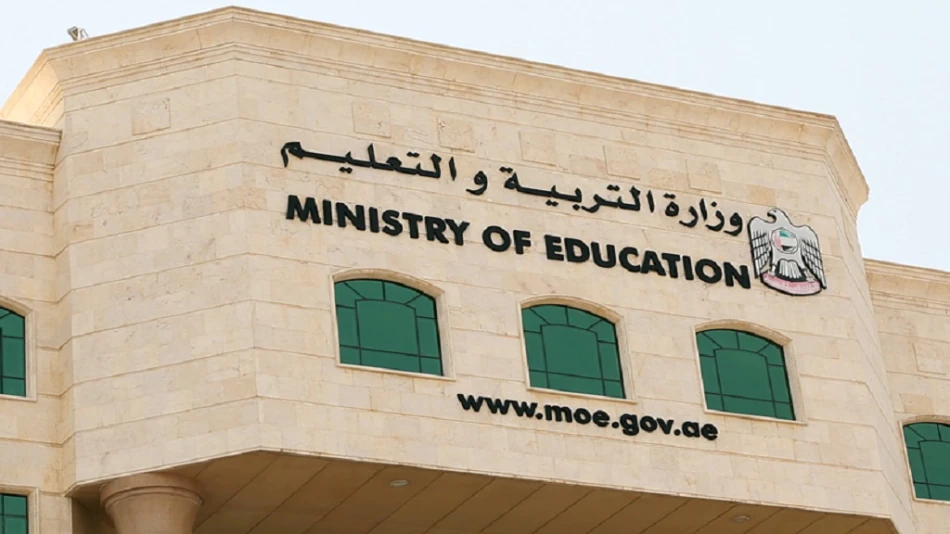
Unlock the Secrets to Accrediting Private School Ads: Essential Requirements Revealed
UAE Tightens Grip on Private School Marketing with New Advertising Approval Rules
The UAE Ministry of Education has introduced stringent new requirements for private school advertising in four northern emirates, signaling a broader push to regulate how educational institutions market themselves to families. The six-point framework requires pre-approval for all advertisements and establishes clear boundaries around content, branding, and consent—a move that reflects growing government oversight of the country's lucrative private education sector.
Strict Brand Protection Measures
The new regulations explicitly prohibit private schools from using the Ministry's name or logo in any form within their advertisements, a clear effort to prevent institutions from implying official government endorsement. This restriction underscores the UAE's careful approach to maintaining clear distinctions between public oversight and private enterprise.
Schools operating under Ministry supervision in Ajman, Umm Al Quwain, Fujairah, and Ras Al Khaimah must now submit advertisement drafts in PDF format, with file sizes capped at 2MB per document. While seemingly technical, these requirements create a formal approval bottleneck that gives authorities significant control over messaging.
Comprehensive Consent Framework
The regulations establish a three-tier consent system that addresses modern privacy concerns in educational marketing. Schools must obtain explicit approval from parents before featuring student images, secure consent from any non-student individuals appearing in advertisements, and verify rights ownership for all borrowed visual content from websites or other institutions.
This approach mirrors data protection trends seen across global education markets, where institutions face increasing scrutiny over how they use student likenesses and personal information in promotional materials.
Market Implications for Private Education
The UAE's private school sector serves over 600,000 students and generates billions in revenue annually, making marketing regulations particularly significant for institutional competitiveness. These new approval requirements could slow promotional campaigns during peak enrollment periods, potentially favoring larger schools with dedicated compliance teams over smaller institutions.
For international school operators—who represent a significant portion of the UAE's private education market—the regulations add another layer of bureaucratic complexity to an already heavily regulated sector. Schools may need to invest in additional administrative resources to manage the approval process effectively.
Regional Context and Broader Trends
The UAE's move reflects a regional pattern of increased government oversight in education marketing. Similar regulatory frameworks have emerged across the Gulf states as governments seek to balance private sector growth with quality control and consumer protection.
Unlike more laissez-faire approaches in markets like Singapore or parts of the US, the UAE's pre-approval system represents a more interventionist model that prioritizes regulatory control over market freedom. This approach aligns with the country's broader governance philosophy of managed liberalization.
Strategic Implications for Schools
Private schools will need to fundamentally restructure their marketing operations, building approval timelines into campaign planning and potentially maintaining legal teams to navigate consent requirements. The regulations effectively create a two-speed market where compliance capability becomes a competitive advantage.
Institutions that adapt quickly to these requirements may find themselves better positioned as the regulatory framework likely expands to other emirates. Schools that struggle with compliance could face delayed marketing launches during crucial enrollment periods, potentially impacting their ability to attract students in the UAE's competitive education landscape.
Most Viewed News

 Sara Khaled
Sara Khaled






